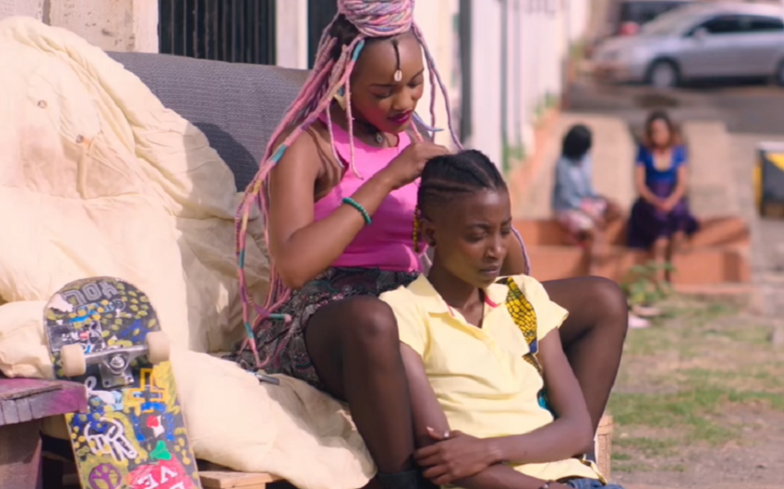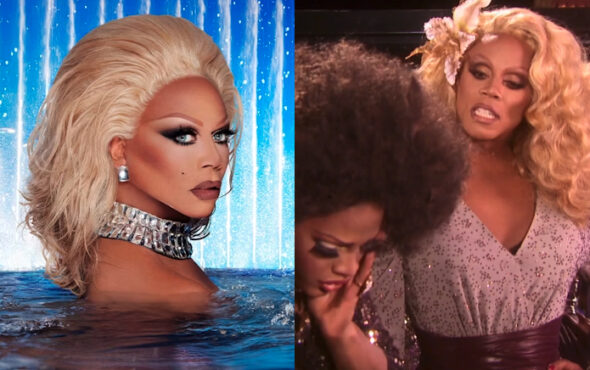
The director believes that the film was banned in the country as the character didn’t “show remorse” at the end.
Wanuri Kahiu, the director of the lesbian film Rafiki, is suing the Kenyan government after the film was banned in the country. In a ruling, the Kenya Film Classification Board (KFCB) banned the film “due to its homosexual theme and clear intent to promote lesbianism in Kenya contrary to the law.”
The ruling also added that anyone in possession of the film would be in breach of the law. The group’s spokesperson, Nelly Muluka said: “Our culture and laws recognise family as the basic unit of society. We cannot, therefore, allow lesbian content to be accessed by children in Kenya.”
Kahiu alleges that the KFCB took this stance as the character don’t “show remorse” at the end of the film. The lawsuit that she has filed aims to challenge the practices that lead to films being banned in the country.
Speaking to Vanity Fair, she said: “I don’t necessarily consider myself an activist; I truly consider myself a storyteller. But when somebody starts to infringe on your rights to be creative and exercise your work, that becomes a problem.
“It’s not a government’s right to say what you can imagine and what you cannot imagine, and who is allowed to exist. That’s not a way that you can run a country, because we’re made up of diverse people.”
She added that she had no idea what would happen, saying: “I’ve never sued a government before!”
If the ban on the film is lifted, it’s possible for the film to be entered into consideration for Best Foreign Language Film at the next Academy Awards. The Academy Awards rule states that a film “must be first released in the country submitting it… and be first publicly exhibited for at least seven consecutive days in a commercial motion picture theater.”
Related: Creators of LGBTQ film The Wound head to South Africa’s courts after the film is classified as porn



